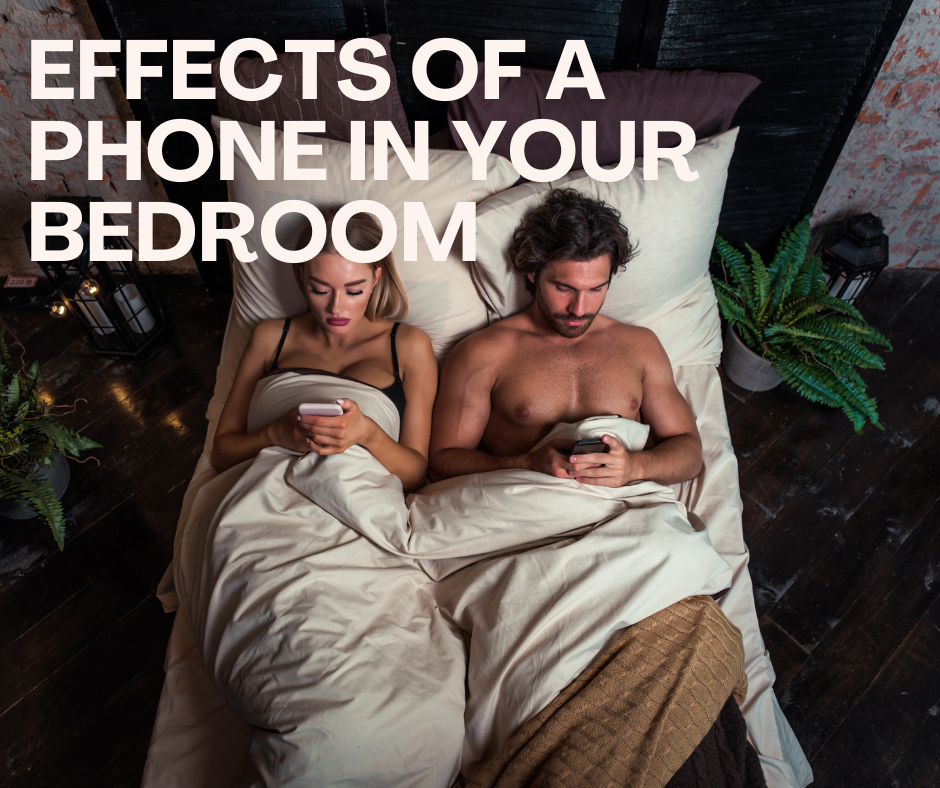5 Facts About Radiation from Your Mobile Phone
With our increasing reliance on mobile phones, the discussion about the potential dangers of radiation from these devices continues to grow. While radiation is often associated with serious health risks, the reality isn’t so clear-cut. In this blog post, we’ll break down the five key facts about mobile phone radiation for you.
1. Mobile Phone Radiation Is Non-Ionizing
The radiation emitted by mobile phones is a form of non-ionizing electromagnetic radiation. This means it doesn’t have enough energy to ionize or directly damage the molecules in your body, unlike radioactive radiation. Instead, it consists of radio waves, similar to the signals used by radios and televisions. This type of radiation has been present in our environment for decades without any widespread, proven harmful health effects.
2. The Impact on Health Is Still Uncertain
Extensive research has been conducted on the health effects of mobile phone radiation, but the results remain inconsistent. Some studies suggest a possible link between long-term exposure to this radiation and health issues like brain tumors, but there is no scientific consensus yet. Researchers around the world are continuing to study this topic, but so far, there’s no conclusive evidence that mobile phone radiation poses significant harm to humans.
3. Radiation May Affect Your Sleep
Some studies indicate that mobile phone radiation might impact your sleep, although findings vary. Research suggests that exposure to this radiation could disrupt sleep by influencing melatonin production, the hormone that regulates your sleep-wake cycle. However, it’s hard to determine whether radiation itself is responsible or if other factors, such as using your phone right before bed, play a role.
4. Long-Term Effects Are Still Unclear
Although mobile phones have been around for decades, the long-term effects of exposure to their radiation remain uncertain. Many studies conducted so far are limited in duration and scale, and some health issues only develop after years of exposure. For this reason, scientists remain cautious and advocate for more long-term research to fully understand the potential risks.
5. Taking Precautions Isn’t a Bad Idea
Despite the lack of definitive evidence, many people choose to minimize their exposure to mobile phone radiation as a precaution. Simple steps include using a headset or speaker mode during calls, avoiding lengthy conversations, and not carrying your phone directly against your body. In some countries, like France, additional measures have been taken, such as banning mobile phones in schools to reduce children’s exposure.
While there are many uncertainties surrounding mobile phone radiation, it’s important to remember that the type of radiation emitted by these devices is not the same as the more dangerous, ionizing radiation. Science continues to explore the topic, but so far, there’s no strong evidence that using mobile phones carries significant health risks. Still, it’s understandable if you choose to take precautions and use your phone more mindfully. By staying informed and taking small steps to reduce exposure, you can prioritize your well-being without unnecessary worry.


